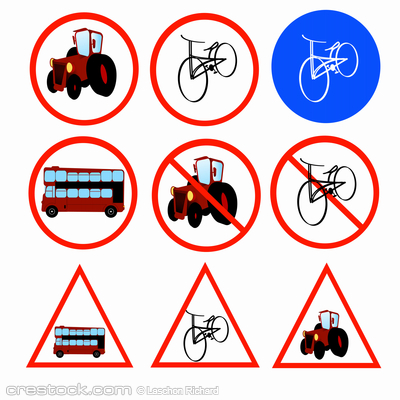Reposted with Permission from YouMightBe.com
Meeting before the meeting – A select group of people, usually from the same team, decide what the “correct outcome” of the main meeting is supposed to be. When the main meeting comes, the co-conspirators stick to their guns about what must be done.
Meeting after the meeting – Often, the people who were run over by the pre-meeting decision will have a meeting afterward to discuss what just hit them. Especially true when the main meeting involved a large vendor.
Meeting just to make sure we keep having this meeting – An agenda-less meeting that occurs during the only available weekly time slot on the calendars of all participants, so everyone shows up and fakes it through the meeting aimlessly until the time is up.
The mutually ignored meeting – Sometimes coincides with the “meeting just to make sure we keep having this meeting.” Â Usually, however, this meeting has a more organized structure. Â Everyone participates in the meeting by speaking in turn, yet no one actually hears anything that the other participants are saying. Â Often coincides with the “project status meeting”.
Pep Rally Meeting – These meetings are supposed to replicate the glory days of the tech boom, complete with an enthusiastic leader leading the cheering. Â These can be fun if the overall culture of the company fits. Â They can also be the source of YouTube videos.
Sub-Meeting – A complete side discussion that starts by distracting major participants in the main meeting, and eventually overtakes the main meeting purpose, either by acoustics or by importance.
“Party” Meeting – This may be a special occasion to recognize a milestone birthday, anniversary, retirement, etc., and is often characterized by a lot of standing around in odd clusters of people. Â People from each of these clusters take turns migrating to the focus of the party to say a good word, and then drift back to their clusters or to their desks. Â Social aptitude generally determines how long a person has to wait to for a turn.
Project “status” meeting – A regular project “update” meeting where everyone gives an “everything’s okay” status, regardless of what part of the project is crashing and burning.
Virtual Meeting – A remote meeting that everyone dials into and immediately mutes, proceeding to spent their time more productively, such as by watching Sportscenter or playing ping-pong.
Meeting to teach someone how to run a meeting – This is generally a status-type meeting where a less-experienced team member learns how to start a meeting, stick to an agenda, and write down and assign “action items”.








